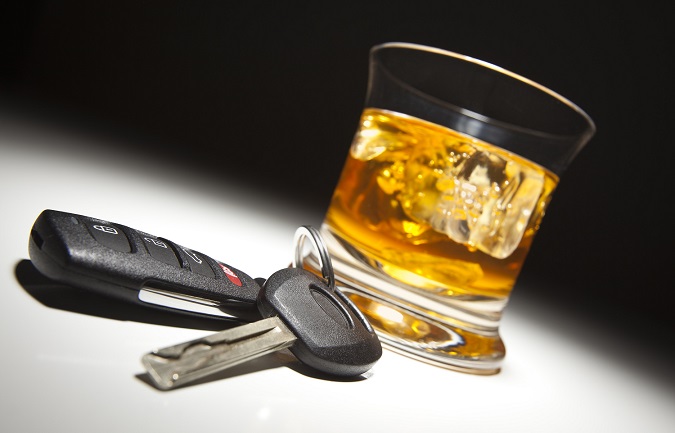Under current law, a person who is convicted of most crimes, and who is placed on probation, and who completes his or her probation successfully, has a right to have his or her conviction dismissed or “expunged” from his or her record.
(Pen. Code, § 1203.4, subd. (a).) Under the law, so long as the defendant successfully complies with all terms of probation for the entire period of probation, the court has no discretion to deny the defendant’s application to expunge the conviction.
However, starting January 1, 2008, a defendant convicted of DUI, reckless driving, or hit and run driving, even if the defendant complies with probation for the entire period thereof, no longer has the ability, as a matter of right, to secure an expungement.
(Pen. Code, § 1203.4, subd. (c).) Under the new law, a person convicted of DUI, hit and run, or reckless driving, can only secure an expungement “if the court in its discretion and in the interests of justice” decides to grant an expungement. (Ibid.) What this means is that a defendant convicted of, say, child molestation (Pen. Code, § 647.6), who completes his or her probation successfully, has the absolute right to secure an expungement, a defendant convicted of, say a DUI charge, does not have a similar right unless the court decides, “in the interests of justice” to grant the defendant expungement.



